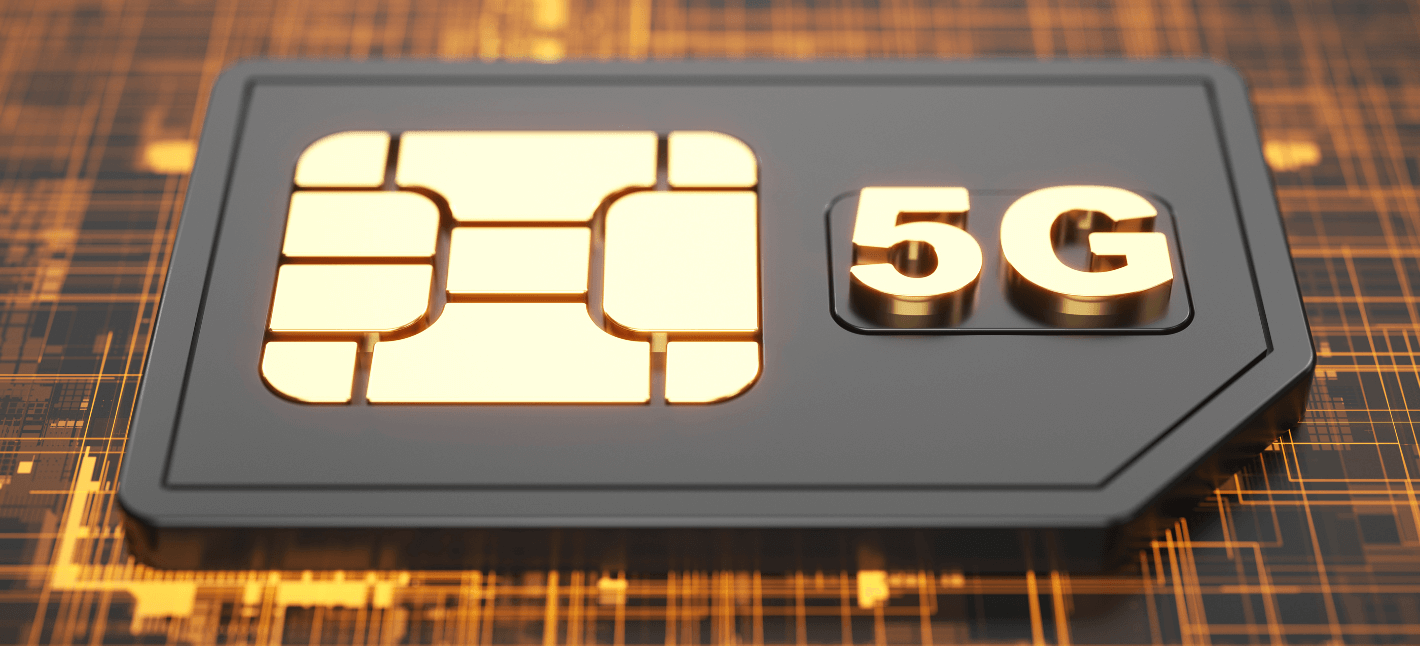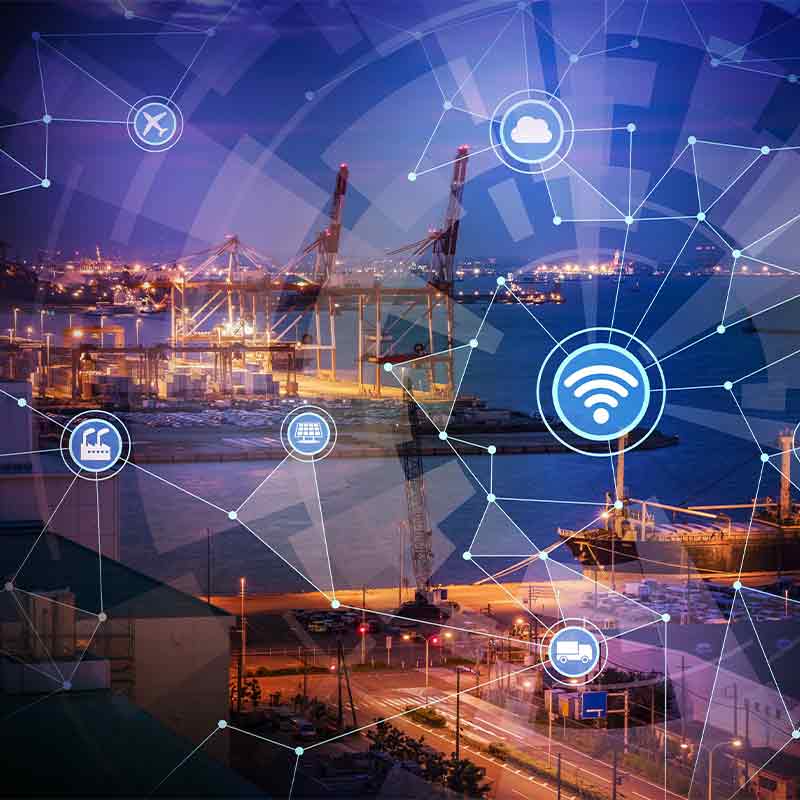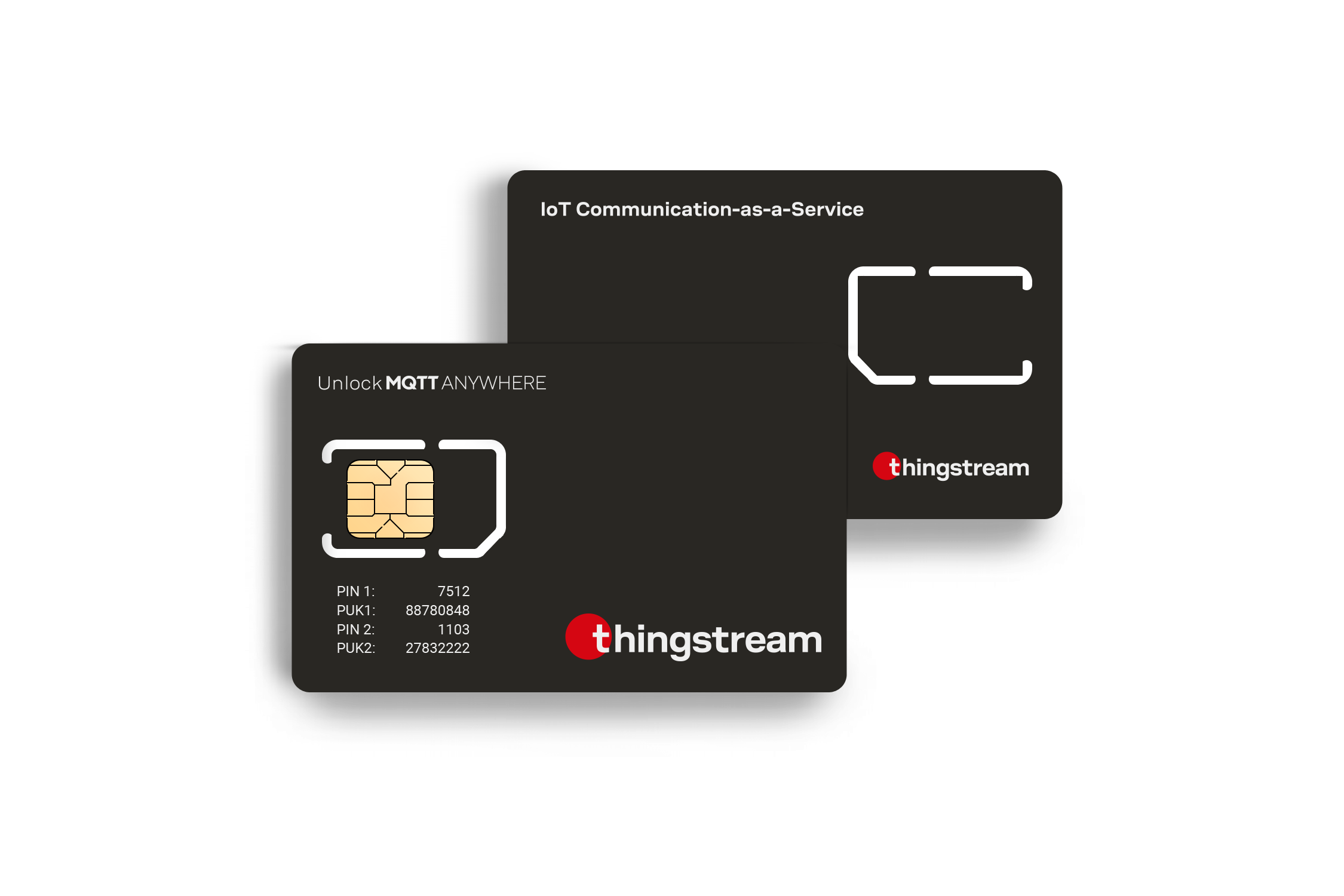Remote Monitoring Using Iot Package for Remote Machine Monitoring
Remote Monitoring Using Iot Package for Remote Machine Monitoring
Blog Article
It Remote Monitoring Software Comprehensive Remote Monitoring Solutions
The fast enhance in the variety of automobiles on roads worldwide has made effective vehicle tracking mechanisms important. The introduction of IoT connectivity for vehicle monitoring methods has significantly transformed how companies, governments, and particular person customers manage and monitor their vehicles. By harnessing the ability of the Internet of Things (IoT), these methods offer real-time knowledge and insights that improve effectivity and safety.
IoT connectivity enables autos to speak and interact with cloud-based platforms. This real-time communication facilitates monitoring vehicles' locations, monitoring their efficiency, and managing maintenance schedules. The accrued knowledge is invaluable for fleet managers aiming to optimize routes and decrease fuel consumption, thus improving total operational effectivity.
Remote Monitoring Using Iot IoT Remote Monitoring: Applications and Functions
The integration of GPS technology inside IoT-connected automobiles has additional enhanced monitoring capabilities. By triangulating alerts from satellites, these systems provide exact location information. This degree of accuracy helps in decreasing miscommunication and errors that always arise with traditional monitoring methods. Companies can easily pinpoint their vehicles' locations, ensuring well timed deliveries and higher resource allocation.
Furthermore, IoT connectivity for vehicle monitoring methods contributes to heightened security. Fleet managers can monitor driving behaviors, corresponding to dashing and harsh braking, by accessing real-time data. This data permits for quick interventions and training classes that promote protected driving habits among drivers. Consequently, the chance of accidents decreases, benefiting each operators and street users.
A important advantage of IoT-enabled monitoring methods is predictive maintenance. By regularly accumulating data regarding a vehicle's performance, methods can alert operators to potential issues before they escalate into costly repairs. This proactive maintenance approach not solely extends the lifespan of vehicles but also minimizes downtime, guaranteeing that fleets remain operational.
Scalability is one other key function of IoT connectivity. As companies grow, their vehicle monitoring needs evolve. IoT systems are designed to adapt. Whether managing a handful of automobiles or an extensive fleet, the expertise could be scaled accordingly. This flexibility makes it an attractive possibility for startups and enormous companies alike, allowing them to cater to their distinctive logistical requirements.
Remote Monitoring IoT Monitoring: Transforming Various Industries

Environmentally acutely aware organizations additionally benefit from IoT connectivity for vehicle monitoring systems. By analyzing gasoline consumption information, they'll implement strategies that scale back emissions. With elevated consciousness about local weather change, extra firms are prioritizing sustainability. IoT technology enables them to satisfy their eco-friendly objectives whereas sustaining competitiveness of their respective markets.
The implementation of IoT options in vehicle tracking additionally promotes transparency. Clients and customers are increasingly demanding real-time updates regarding their shipments. With IoT-driven tracking systems, companies can present exact arrival instances and standing updates. This stage of transparency builds belief and enhances buyer satisfaction, crucial parts for any thriving enterprise.
Iot Remote Monitoring And Control Non-Invasive Devices for IoT Monitoring

Cost savings generated from IoT connectivity are substantial. By lowering fuel consumption, slicing maintenance bills, and bettering general efficiency, companies can notice vital reductions in operational costs. This monetary incentive encourages more companies to undertake vehicle monitoring systems, resulting in widespread market progress and developments in expertise.
Privacy and safety issues are inherent in relation to tracking methods. However, advancements in safety protocols associated with IoT connectivity improve the protection of delicate knowledge. Encryption and secure networks are vital options that safeguard each companies and their purchasers. Remote Monitoring. As security measures continue to evolve, they bolster stakeholder confidence in IoT-driven options.
The future of IoT connectivity in vehicle monitoring systems appears promising. With ongoing developments in technology, options such as synthetic intelligence and machine studying are becoming integral to those systems. These technologies can analyze vast amounts of knowledge for patterns and insights, enabling smarter decision-making processes. As vehicle tracking becomes extra intelligent, companies shall be higher equipped to deal with up to date challenges.
Remote Monitoring IoT Wireless Sensors for Monitoring
As connectivity improves, we're also witnessing the rise of user-friendly interfaces. Mobile applications and net platforms streamline how businesses interact with their monitoring methods. Users can entry real-time data at their fingertips, making it easier to handle fleets effectively. This degree of comfort encourages wider adoption across varied industries.
Collaboration among stakeholders is another important development throughout the IoT vehicle tracking panorama. Partnerships between tech firms and logistics corporations foster improvements that enhance monitoring capabilities. With the pooling of experience and assets, diverse solutions emerge, catering you could look here to specific sector wants. This collaboration not only drives technological advancements but additionally accelerates market penetration.

In conclusion, IoT connectivity for vehicle tracking systems is revolutionizing the transportation and logistics industries. The advantages lengthen past simple tracking to encompass security, effectivity, sustainability, and buyer satisfaction. As IoT technology continues to evolve, so too will its purposes, creating even more opportunities for development and improvement. The integration of advanced analytics and user-friendly platforms will additional enhance user expertise, guaranteeing that vehicle tracking remains on the forefront of operational management.
Role Of Smart Sensors In Iot Overview of IoT Remote Monitoring
- Enables real-time location information collection, enhancing fleet administration effectivity and response instances.
- Facilitates maintenance schedules through constant monitoring of auto health and performance indicators.
- Supports geofencing purposes that provide alerts when vehicles enter or go away designated areas.
- Enhances safety by enabling distant immobilization of vehicles in case of theft or unauthorized use.
- Integrates with mobile applications for user-friendly entry and monitoring of auto status on-the-go.
- Promotes fuel effectivity by monitoring driving behaviors and providing insights for optimization.
- Allows for communication between automobiles and infrastructure, paving the greatest way for smart metropolis initiatives.
- Utilizes cloud platforms to mixture information, enabling superior analytics and predictive modeling.
- Ensures compliance with laws by automatically logging essential knowledge and documentation.
- Supports a variety of connectivity options, including cellular, satellite tv for pc, and LPWAN technologies for versatile functions.undefinedWhat is IoT connectivity in vehicle tracking systems?undefinedIoT connectivity refers back to the integration of Internet of Things technologies that enable automobiles to communicate with centralized systems. This enables real-time tracking, monitoring of auto health, and efficient knowledge management.
How does IoT improve vehicle tracking systems?undefinedIoT enhances vehicle monitoring methods through improved information collection and transmission. Sensors seize very important information corresponding to location, velocity, and diagnostics, that are communicated to cloud platforms for evaluation, providing useful insights for fleet management.
What are the benefits of utilizing IoT for vehicle tracking?undefinedUsing IoT for vehicle monitoring offers advantages similar to improved operational efficiency, lowered theft risk, real-time visibility of belongings, enhanced safety options through predictive maintenance, and higher route optimization - Iot Remote Asset Monitoring Solution.
Is IoT connectivity safe for vehicle tracking?undefinedIoT connectivity may be safe if companies implement robust encryption protocols, common software updates, and sturdy authentication methods. It is important to observe best practices to safeguard sensitive knowledge against potential cyber threats.
Iot Revolution Technologies Revolutionizing Patient Monitoring with IoT
Can vehicle tracking systems utilizing IoT work offline?undefinedWhile IoT vehicle tracking techniques primarily rely on internet connectivity for real-time updates, many methods have offline functionalities. They can store information regionally and upload it once they reconnect to a network, making certain no loss of data.

How do I select the proper IoT vehicle tracking system?undefinedChoose an IoT vehicle tracking system based on your specific wants, corresponding to fleet dimension, required options, information integration capabilities, consumer interface, buyer help, and cost-effectiveness. Research and examine options to find the most effective fit.
Remote Iot Monitoring Solution Custom Solutions for Asset Monitoring
What kind of knowledge can IoT vehicle monitoring systems provide?undefinedIoT vehicle tracking methods can present numerous information, together with real-time GPS location, mileage, fuel consumption, maintenance alerts, official statement driver habits analytics, and traffic condition reports, helping businesses make knowledgeable choices.
Are there trade rules for IoT vehicle tracking?undefinedYes, there are business regulations and standards regarding knowledge privateness, vehicle emissions, and safety that organizations must adhere to when implementing IoT vehicle tracking systems. Understanding these regulations helps ensure compliance and promotes responsible usage.
Remote Monitoring Solutions Comprehensive IoT Remote Monitoring Solutions
What is the future of IoT in vehicle monitoring systems?undefinedThe way forward for IoT in vehicle tracking techniques seems promising, with advancements in AI and machine studying being built-in for predictive analytics, increased automation for fleet management, and broader adoption of smart transportation ecosystems enhancing operational capabilities.
How can small companies profit from IoT vehicle tracking systems?undefinedSmall businesses can benefit from IoT vehicle monitoring techniques by gaining higher control over their belongings, decreasing prices by way of efficient route planning and gasoline administration, bettering customer service with timely deliveries, and minimizing vehicle downtime via proactive diagnostics.
Report this page